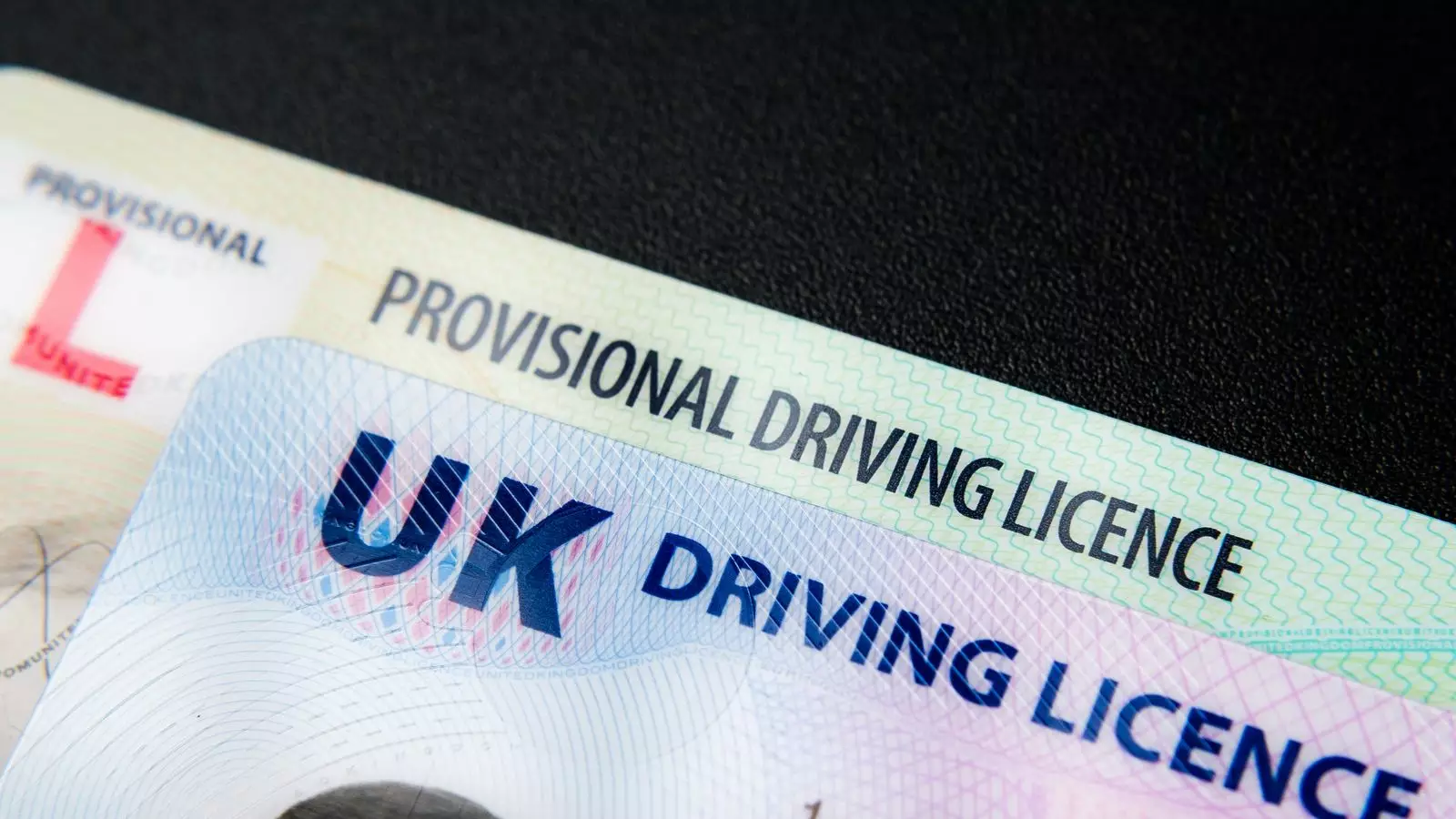In the landscape of developed nations, the United Kingdom stands out as an anomaly. While most countries have embraced some form of national identification scheme, the UK has resisted this trend. According to research conducted for Sky News, of the 38 OECD nations, only six—including the UK—do not have a national ID initiative in place. The push for a national digital ID card has gained renewed momentum, particularly following recent comments from former Prime Minister Sir Tony Blair, prompting a crucial national dialogue about its potential benefits and downsides.
Sir Tony Blair’s re-emergence into this contentious issue has highlighted the potential for transformation within the public sector. Writing in the Daily Mail, he championed the idea of digital ID as a foundational step toward reducing governmental inefficiencies. Blair asserted that, while it may seem impossible to lower taxes while improving public outcomes, modern technology could change that narrative. He pointedly critiqued the status quo, emphasizing that a shake-up of current systems is long overdue, a sentiment echoed by many who are frustrated with governmental inefficiencies.
This technological shift, according to Blair’s Institute for Global Change, is not only feasible but could represent a significant financial boon: a £1 billion initial investment could yield an annual saving of £2 billion for the Treasury. This assertion is backed by consultancy firm McKinsey, whose analyses suggest that the introduction of ID cards could potentially bolster the UK’s GDP by as much as 3%.
Despite these optimistic projections, the proposition of mandatory digital identification has incited fervent opposition from civil liberties advocates. Critics argue that such systems pave the way for an intrusive surveillance state, eroding privacy and individual freedoms. The fear is palpable—the move toward a national ID card could establish a precedent that undermines trust between citizens and the government.
Moreover, the debate is complicated by varying international practices. Countries like Chile and Turkey mandate the carrying of identification at all times, while others, such as Norway and Japan, have introduced cards more recently. The various models highlight that there is no one-size-fits-all solution; the implementation of ID systems requires delicate agility, considering each country’s unique sociopolitical context.
The UK government’s stance on the digital ID card initiatives has been muddled at best. Recent statements from Business Secretary Jonathan Reynolds indicated an openness to the concept, suggesting that Home Secretary Yvette Cooper would be exploring advice on the matter. However, these assertions were swiftly contradicted in follow-up interviews, leaving the public confused about the government’s intentions.
At this juncture, legislation has been tabled to explore “digital identities.” Notably, this proposal suggests participation would be voluntary, allowing citizens to determine the extent of information—such as biometrics or addresses—made available in their digital records. This nuanced approach aims to alleviate fears associated with mandatory systems while still exploring technological advancements.
Australia’s recent rollout of a digital ID scheme serves as a cautionary tale for the UK. Despite its potential for improving administrative efficiency, the Australian experience has raised concerns over privacy, data security, and public trust. The examples set by other countries serve as both inspiration and warning; the UK must tread carefully, considering both the need for streamlined governance and the protection of civil liberties.
As the conversation around national ID in the UK evolves, it’s imperative that various stakeholders—including policymakers, civil rights activists, and the general public—engage in constructive dialogue. The potential benefits of a digital ID card are clear, yet the risks cannot be ignored. To ensure that the introduction of any identification system is both prudent and equitable, a careful balance must be struck to uphold the democratic values that define the UK.
The debate over a national ID card in the UK encapsulates broader themes of governance, technology, and personal freedom. The outcome of this crucial discussion will not only shape the future of public administration in the UK but also set a precedent for how technological advancements can coexist with civil liberties in a democratic society.

Leave a Reply